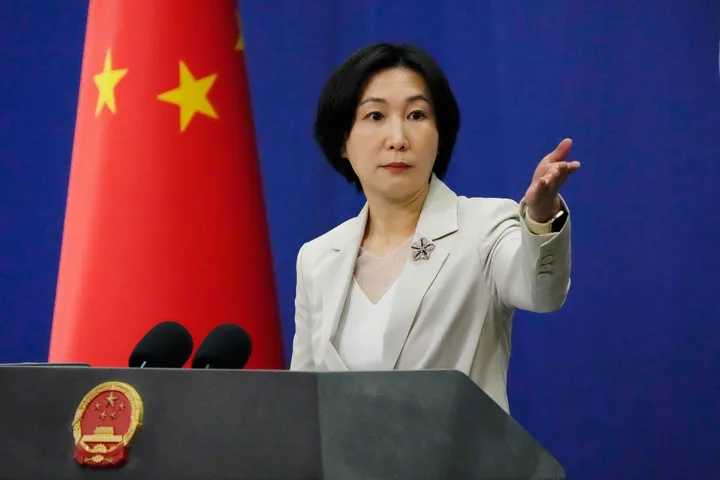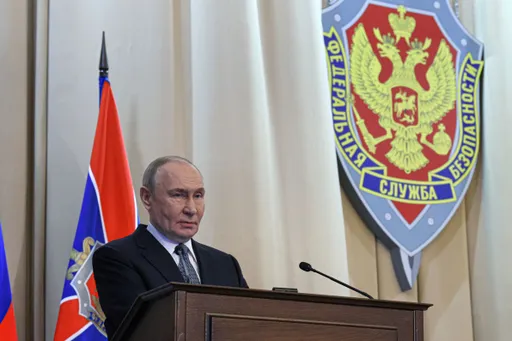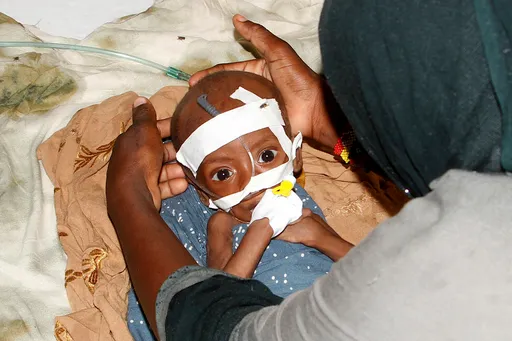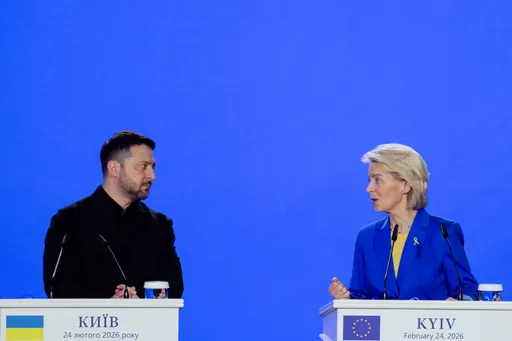Themes of belonging, faith, and what it means to be British are subjects that are rare in popular mainstream fiction when written from the perspective of Muslims.
Those are precisely the topics that award-winning Sudanese author Leila Aboulela examines in a host of highly acclaimed books, where women feature as central characters.
She won the Caine Prize for African Writing in 2000 for one of her short stories, The Museum. Her book, Elsewhere Home which is a collection of short stories, won the Satire Society’s Fiction Book of the Year 2018.
In recounting untold narratives and perspectives, Leila’s characters are ordinary people who just happen to be Muslim. Their faith is a large part of their identity and woven unashamedly into her stories. It does not feel contrived.
Born in 1964 in Cairo and raised in Khartoum, Leila moved to Aberdeen, Scotland, after she was married in her mid-20s. This uprooting of her life and the alienation she initially felt in the UK is a theme she writes about often, and that experience comes through in her writing.
She arrived in the UK in the 1990s, which was a time of rising anti-Muslim sentiment. This deeply upset Leila, and she would channel her emotions into prose. It was almost a therapeutic endeavour that allowed her to express her anger at being misrepresented as a Muslim, and to tell stories that challenged the mainstream narrative.
“Britain can be really resistant to outsiders, in a kind of odd way, so that no matter how much people integrate and no matter what they do, there is always this reminder that they are outsiders and that they have to qualify to belong,” Leila told TRT World.
Being a Muslim immigrant to the UK can pose a host of difficulties, including facing religious abuse, intolerance, and exclusion. British-born Muslims can experience similar hostilities because of their faith, where anti-Muslim bias is sadly ingrained and Islamophobia is an institutional problem.
Women are often the most obvious targets, particularly those who wear headscarves. Leila’s female characters reflect this vulnerability, but at the same time, they have inner strength. This power comes from facing adversity, but it is their faith that defines and empowers them.
Leila’s books appeal to everyone but speak volumes to a largely unrepresented Muslim audience in the diaspora. Her characters and themes are familiar and comforting; a simplicity that encapsulates the greatness of Leila’s work.
In her latest novel, Bird Summons, the three main Muslim female characters of Arab heritage, set off on a part holiday-part quest to visit Lady Evelyn Cobbold’s grave in a remote part of Scotland.
A Scottish aristocrat born in 1867, Lady Evelyn converted to Islam when she was young and adopted the Muslim name Zainab. She was the first British Muslim woman to perform the Hajj pilgrimage to Mecca in 1933 and wrote a book about her experiences, called Pilgrimage to Mecca.
By including Lady Evelyn as the focal point of the story, it connects these foreign-born Muslim women to Scottish Islam and a sense of Britishness.
On their journey to visit Lady Evelyn’s resting place, the female protagonists find themselves on an inner quest to discover their own life purpose, and Leila cleverly interweaves Islamic themes into the story. For example, a hoopoe, a bird mentioned in the Quran that symbolises wisdom, appears to the women as a spiritual guide.
Leila also merges Celtic folklore in the story, which nicely embraces shared connections.
Leila’s writing is very much embedded in her own identity, which is refreshing and relatable. She states that her favourite verse in the Quran is the story of Queen Bilquis ‘Sheba’ and Prophet Suleiman ‘Solomon’. The Prophet understands the language of the birds, and he sends the hoopoe with a message to the Queen, asking her to follow the path of God.
She also draws her inspiration from the 12th-century Sufi poem, ‘The Conference of the Birds’ by Farid-ud-Din Attar, which is a common reference point in Muslim culture. The epic poem tells the story of the birds of the world, led by the wise hoopoe in search of their king – the legendary Simurgh.
The Simurgh is a mythical bird in Persian literature and a metaphor for God in Sufism. The birds embark on a perilous quest and are distracted by their own inner weaknesses, but those that make it through eventually find that the legend of which they seek is not an external ‘entity’ but exists within their own self.
These stories that are central to Islamic belief, as well as cultural stories from the past, are seamlessly incorporated into the novel and are a subtle way of introducing British people to Muslim culture and identity, as well as reminding them of their own heritage and past.
Leila states that the story of Lady Evelyn appealed to her, not just because of the Scottish aristocrat’s link to British Islam, but also because of the loneliness that she felt at being the only Muslim in a remote part of Scotland.
“It was that loneliness that appealed to me because it made me go back to my early feelings of loneliness when I first came to Britain. I was also in a place where they weren’t many Muslims,” she said.
As well as embedding some of her own experiences into her work, Leila is motivated to use her writing to break down barriers.
“Literature and the arts are definitely a good way to help break down Islamophobia and misrepresentation. Fiction is non-threatening. Most people are welcoming when you offer them a novel or a piece of music or dance, or even a meal which is linked to Islamic culture.
“In fact, they embrace it more.”























